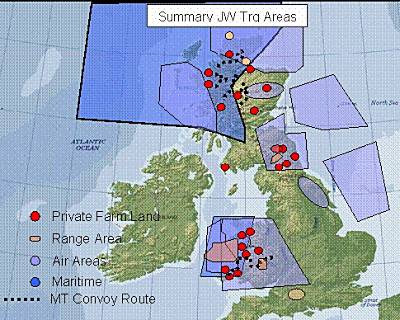WASHINGTON, July 11, 2011 — A Defense Department official today provided details on the delay of $800 million in U.S. military aid to Pakistan that White House chief of staff Bill Daley announced yesterday.
Speaking on ABC’s “This Week” program, Daley said Pakistan has “taken some steps that have given us reason to pause on some of the aid which we were giving to their military.” Daley called the relationship between the two countries “complicated … in a very difficult, complicated part of the world.” Despite the difficulty, he added, the relationship must be made to work over time.
“But until we get through these difficulties, we will hold back some of the money that the American taxpayers have committed to giving,” he said.
Pentagon spokesman Marine Corps Col. Dave Lapan told reporters here the $800 million is a combination of military aid in the form of equipment, and reimbursement for Pakistani military operations under the U.S. Coalition Support Funds program.
Lapan emphasized the delayed aid is a hold, not a halt, and the funds may be delivered if the two nations can resolve certain issues. Two such issues are the number of visas Pakistan will allow for U.S. service members serving as trainers, and proof of military operations for which the country seeks U.S. reimbursement, Lapan said.
Equipment aid the United States is withholding is “directly tied to those decisions by the Pakistani military to curtail training and to not grant visas for some of the U.S. personnel that we need to get in,” Lapan said. “If those things change, then this aid will change as well.”
Lapan said while the full list of delayed aid items is classified, it includes explosive ordnance disposal support and apparatus, small arms, ammunition, helicopter spare parts, radios and equipment to counter explosive devices.
Military items the United States provides as aid require accompanying U.S. troops to assist in training Pakistani forces in their use, Lapan said, and without visas for the service members, DOD will not allow the equipment to remain in or be sent to Pakistan.
“We don’t provide one without the other,” Lapan said. “That’s been the case in the past, and that should be the case going forward.”
The Coalition Support Funds program includes a process for the United States to validate operations before providing reimbursement, he said.
“I can’t tell you specifically in this case, but … there have been instances in the past where they will submit a request for reimbursement … and we won’t have the documentation necessary to be able to validate that,” he said. “So then we’ll go back to the Pakistanis. That happens not infrequently.”
It’s too soon to tell whether Pakistan will change its policies in response to the delayed aid, the spokesman said.
“We are hopeful [they will], and that’s why we continue to work with the Pakistanis, to work through this issue. I can’t tell you today what’s going to happen,” Lapan said.
He said trust between the two nations has been strained over the years and by recent events. An agreement to resume aid would be “a matter of rebuilding that trust and going through this process,” he added.
Source:
U.S. Department of Defense
Office of the Assistant Secretary of Defense (Public Affairs)

 von
von 